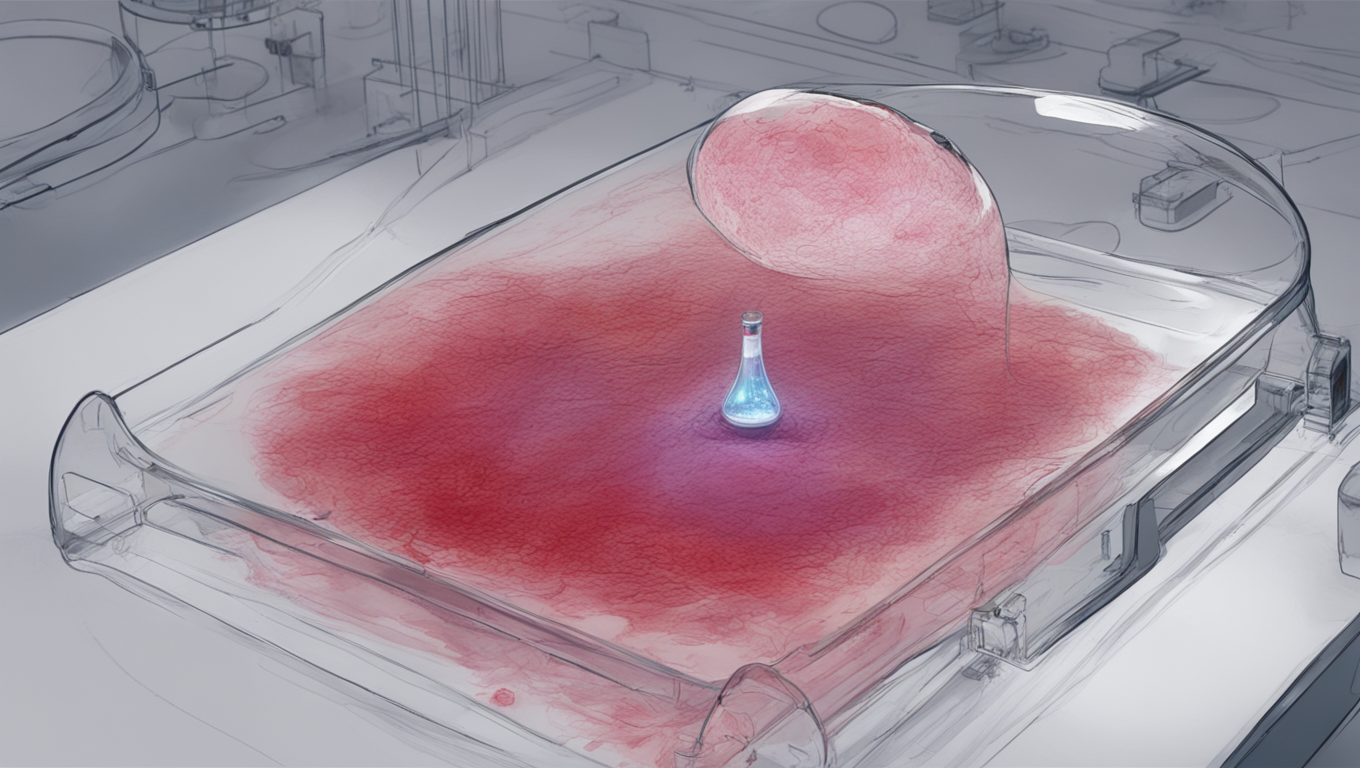In a groundbreaking development, Chinese researchers have unveiled a new method of testing that could potentially revolutionize the early detection of cancer. This method, powered by artificial intelligence (AI), uses just a single drop of dried blood to identify three of the deadliest cancers: pancreatic, gastric, and colorectal.
Traditionally, cancer diagnosis has relied on medical imaging or surgical procedures, but this new AI-powered tool has shown promising results in detecting cancer cells in patients already diagnosed. By recognizing certain chemicals in the blood droplet samples, the tool was able to accurately identify cancer in patients around 82% to 100% of the time.
The key to this method lies in machine learning, a form of AI that can detect metabolites. Metabolites are substances left over in the liquid part of the blood after metabolism and can act as “biomarkers,” signaling the presence of cancer cells. By detecting specific chemicals in the blood, this AI test has proven to be a highly accurate tool for early cancer detection.
Dr. Chaoyuan Kuang, an assistant professor at the Albert Einstein College of Medicine and an oncologist, explained the significance of this breakthrough. “These samples of blood serum can be collected, stored, and transported at much lower cost and with much simpler equipment,” he said. This could democratize cancer detection testing and make it more widely accessible across the world.
The researchers behind this new method propose that it could be a sustainable and environmentally friendly way of detecting cancer. The study demonstrates that testing dried blood spots is more effective than using liquid blood samples. In fact, the experiment showed that 81.2% of cases of pancreatic cancer could be detected using dried blood spots, compared to 76.8% using liquid blood samples.
While this new testing method shows great promise, it will require further extensive trials and testing in larger and more diverse populations. Currently, only small proof-of-concept tests have been conducted, using a few hundred samples. Additionally, the efficacy of this method as a genuine diagnostic tool still needs to be evaluated.
Although widespread availability of this testing method is likely still a few years away, the potential impact is immense. If used in future cancer screening programs, this AI-powered tool could greatly improve early detection rates and significantly increase chances of survival for patients.
Moreover, the low cost and simplicity of this test make it particularly valuable in remote areas with limited access to medical care. By 2030, it is estimated that 75% of all cancer deaths will occur in low- and middle-income countries. This new testing method could help overcome the barriers to medical care in these regions and save countless lives.
In conclusion, the development of this AI-powered testing method has the potential to revolutionize cancer detection. By using a single drop of dried blood, it can accurately identify pancreatic, gastric, and colorectal cancer, offering tremendous hope for early detection and improved survival rates. While further testing is needed, the impact of this breakthrough could be life-changing for patients around the world.





Use the share button below if you liked it.